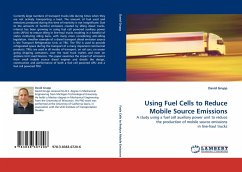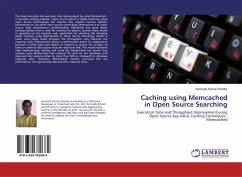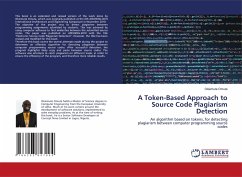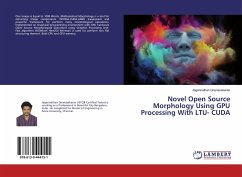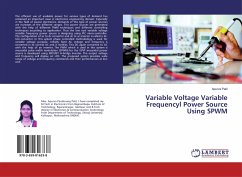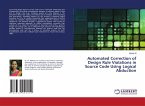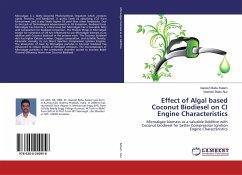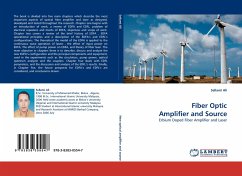Currently large numbers of transport trucks idle during times when they are not actively transporting a load. The amount of fuel used and emissions produced during this time of inactivity is not insignificant. Due to the amounts of harmful emissions created by idling diesel trucks, interest has been growing in using fuel cell powered auxiliary power units (APUs) to reduce idling in line-haul trucks resulting in a handful of states instituting idling bans, with many more considering anti-idling legislation. Another example of a diesel transport diesel emission source is the Transport Refrigeration Unit, or TRU. The TRU is used to provide refrigerated space during the transport of a many important commercial products. TRUs are used in all modes of transport, on rail cars, on ocean going shipping containers, over the road truck trailers and even on airplane Unit Load Devices. This paper examines the impact of emissions from small mobile source diesel engines and details the design, construction and performance of both a fuel cell powered APU and a fuel cell powered TRU.

